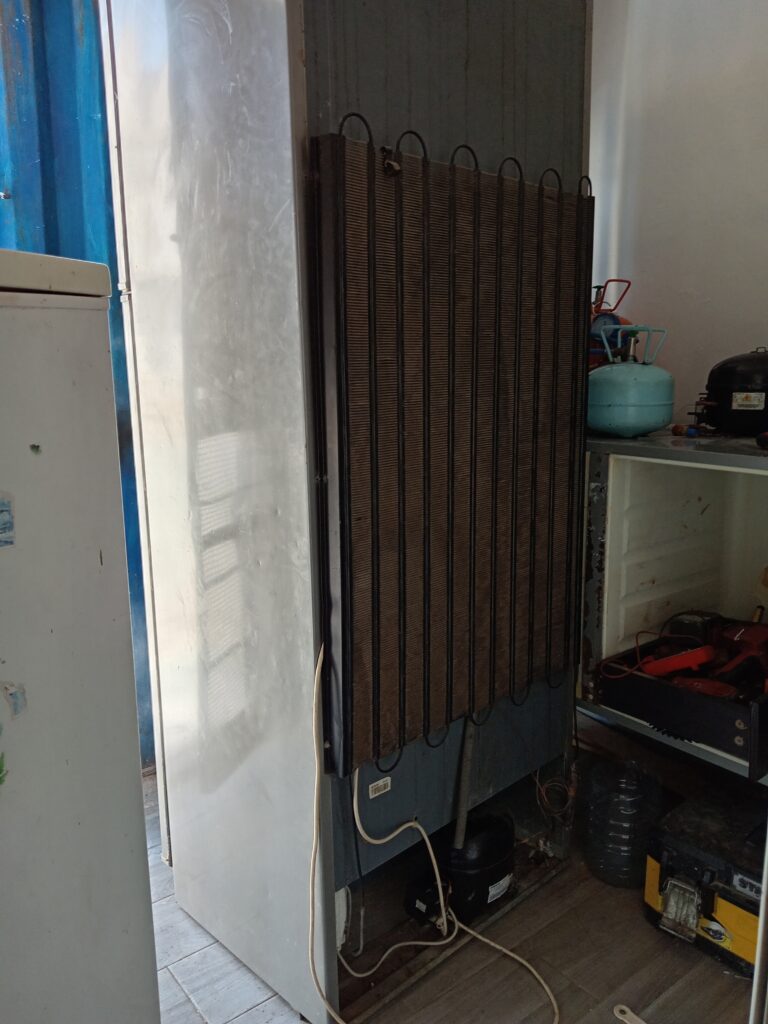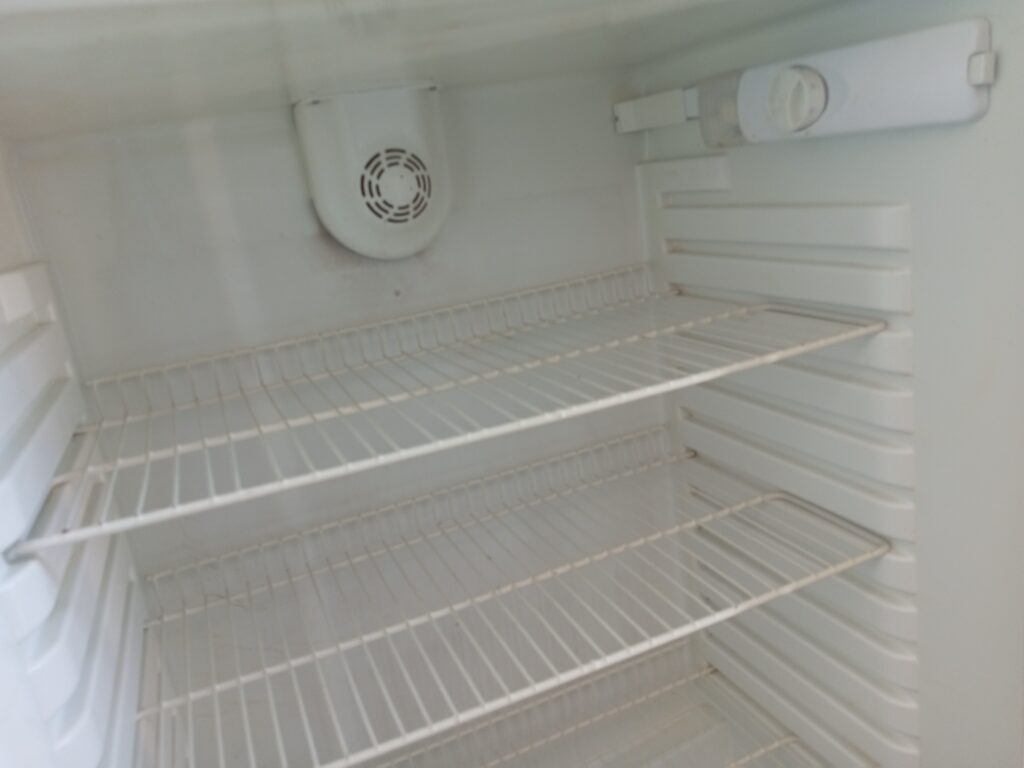
A refrigerator that fails to keep food cold is more than just an inconvenience—it can lead to food spoilage, health risks, and unexpected repair costs. If your fridge is running but not cooling as it should, there may be several possible causes behind the issue. In this article, we’ll explore the most common reasons for cooling loss in refrigerators and what each one might indicate.

- Dirty Condenser Coils
Condenser coils are responsible for releasing heat from the refrigerator. When they get covered in dust, dirt, or pet hair, they can’t dissipate heat effectively. This forces the compressor to work harder, which reduces cooling efficiency and can eventually cause the fridge to stop cooling altogether.
Solution: Clean the condenser coils every 6 to 12 months using a vacuum or coil brush.
- Faulty Evaporator Fan
The evaporator fan circulates cold air throughout the fridge and freezer compartments. If it stops working, the refrigerator may not cool evenly or at all.
Signs of failure: No airflow in the fridge section while the freezer is cold, or strange noises coming from the back panel.
Solution: Inspect the fan motor and replace it if it’s not spinning properly.
- Malfunctioning Thermostat or Temperature Control
If the thermostat is defective or miscalibrated, it may not signal the compressor to turn on. This leads to a warm interior and food that isn’t preserved properly.
Solution: Test the thermostat with a multimeter. If it lacks continuity, replace it.
- Low Refrigerant (Freon) Levels
A refrigerant leak can reduce the cooling power of your refrigerator significantly. Since Freon is sealed inside the system, a drop in level usually indicates a leak, which must be addressed by a professional technician.
Symptoms: Gradual cooling loss, frost buildup in unusual areas, or the compressor running continuously.
- Defective Start Relay or Compressor Issues
The start relay helps the compressor start up. If it’s faulty, the compressor may not run, and the fridge won’t cool.
Solution: Remove and test the relay with a multimeter, and replace it if needed. If the compressor itself is defective, it may require professional repair or replacement.
- Frost Buildup on Evaporator Coils
Excessive frost can block air from flowing through the evaporator coils. This is often caused by a faulty defrost heater, defrost thermostat, or timer.
Solution: Check the defrost components and ensure the defrost cycle is working correctly.
Conclusion
Understanding the causes of cooling problems in your refrigerator can help you troubleshoot early and avoid more serious repairs. Regular maintenance, such as cleaning the coils and checking airflow, can go a long way in keeping your appliance in top shape. If the issue persists despite basic troubleshooting, don’t hesitate to consult a professional technician.
